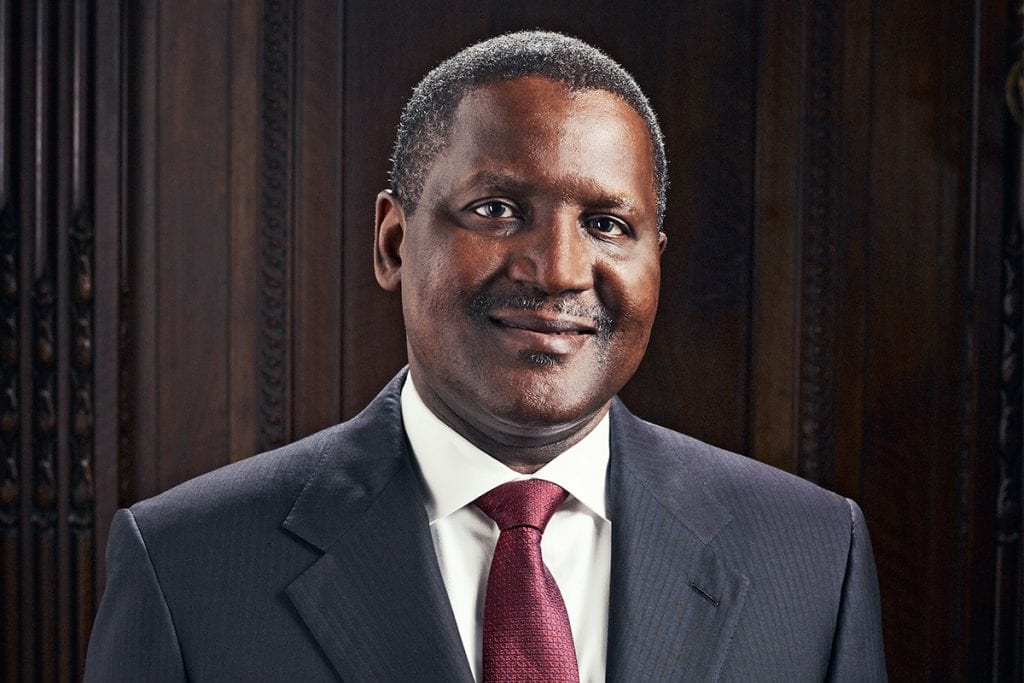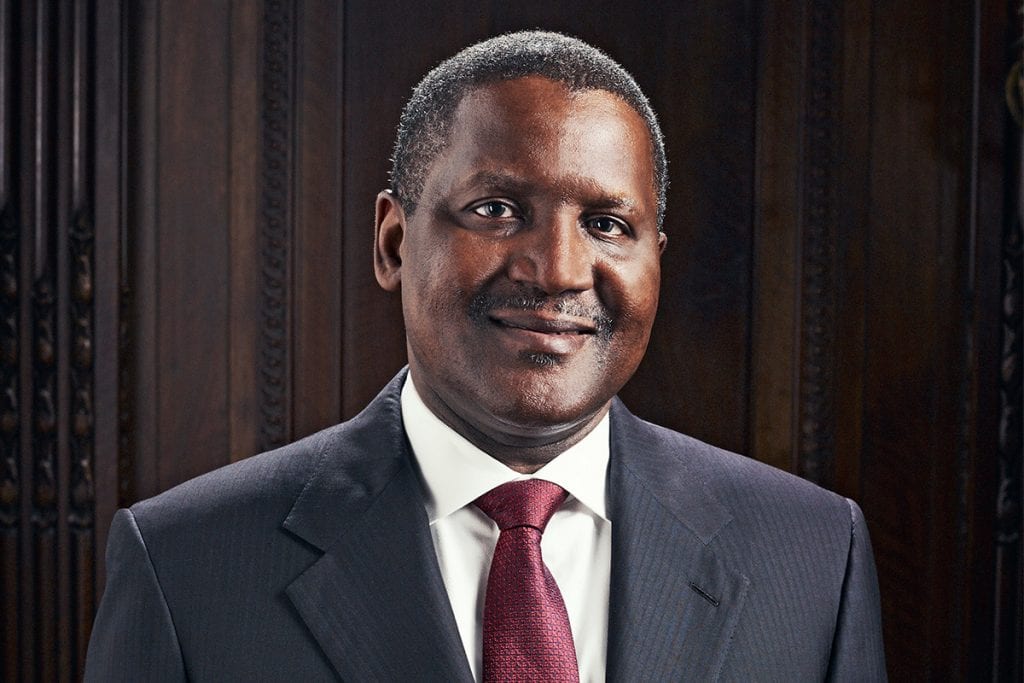
The Petroleum Products Retail Outlets Owners Association of Nigeria (PETROAN) has sounded the alarm over Dangote Refinery’s intention to bypass middlemen and distribute petrol and diesel directly to consumers nationwide.
In a statement circulated on Monday, PETROAN spokesperson Joseph Obele warned that the move “could have consequences on the country’s downstream sector,” including “widespread job losses and the shutdown of small businesses.”
Reacting to Dangote’s June 15 announcement, PETROAN National President Dr. Billy Gillis‑Harry argued that “with a production capacity of 650,000 barrels per day, Dangote Refinery should be positioning itself to compete with global refiners rather than engaging in direct distribution within Nigeria’s downstream sector.” He cautioned that the strategy risks creating “a monopolistic market structure, stifling competition and threatening thousands of livelihoods in the sector.”
Dr. Gillis‑Harry elaborated that independent marketers, truck owners, filling station operators, and modular refinery operators would all be “undermined” by Dangote’s direct‑to‑consumer model. He warned that reduced competition “could lead to higher fuel prices due to reduced competition and business closures across the fuel retail landscape,” and noted the potential for large‑scale layoffs among “truck drivers, petroleum product suppliers, and station operators.”
Highlighting Dangote’s planned fleet of 4,000 Compressed Natural Gas (CNG)‑powered tankers, he said the move “might lower transportation costs” but would simultaneously “pose a threat to the jobs of traditional tanker drivers and owners.” He added, “Dangote’s approach could trigger a pricing penetration strategy aimed at capturing market share and forcing competitors out of the market.”
Urging regulatory intervention, Dr. Gillis‑Harry called on the Nigerian Midstream and Downstream Petroleum Regulatory Authority (NMDPRA) and the Minister of State for Petroleum Resources to “introduce price control mechanisms and enforce fair competition policies” without delay. “Competition must be protected and encouraged to safeguard consumers, preserve jobs, and maintain a healthy petroleum distribution ecosystem,” he concluded.
The article was originally published on Politics Nigeria.



